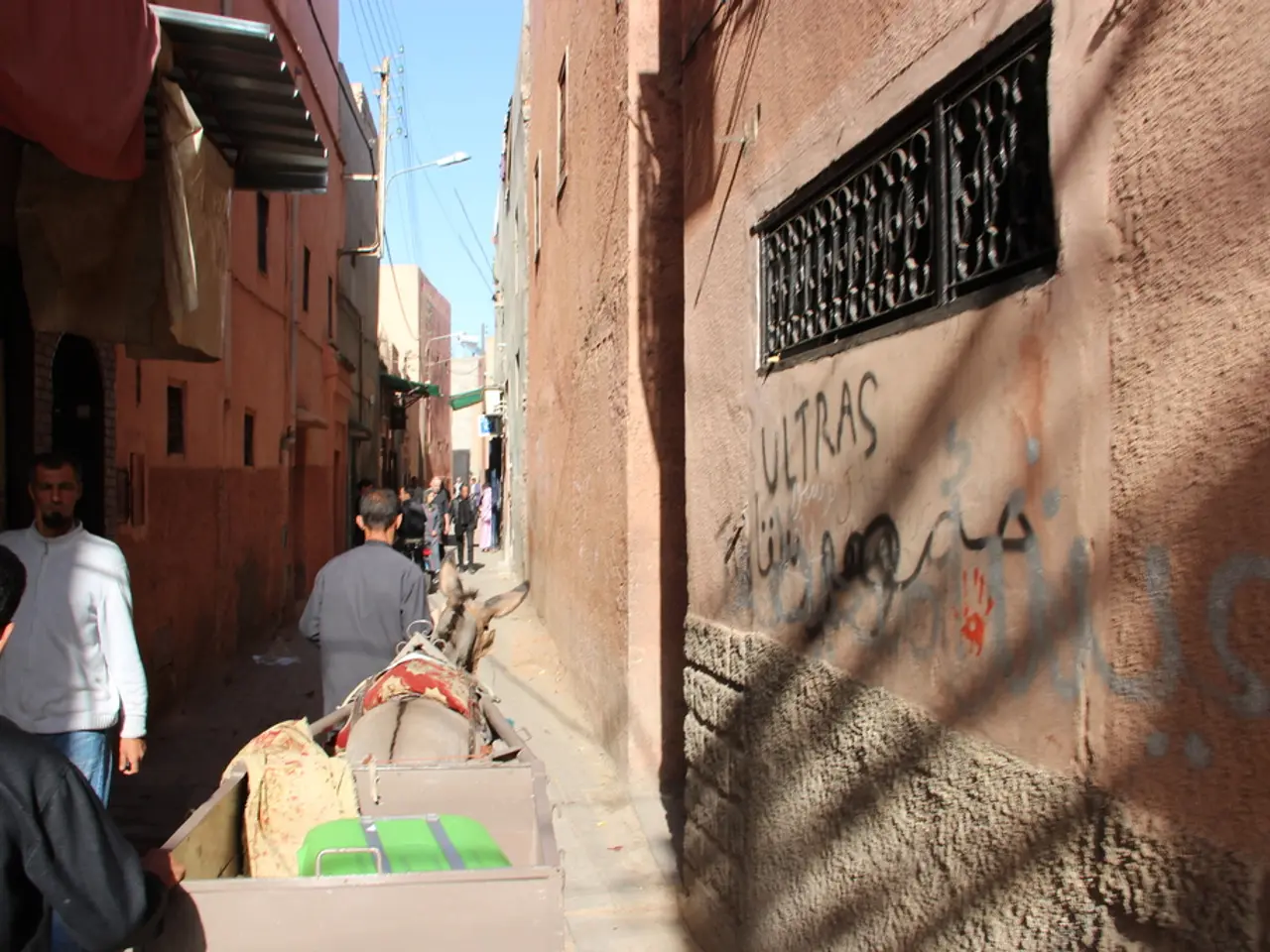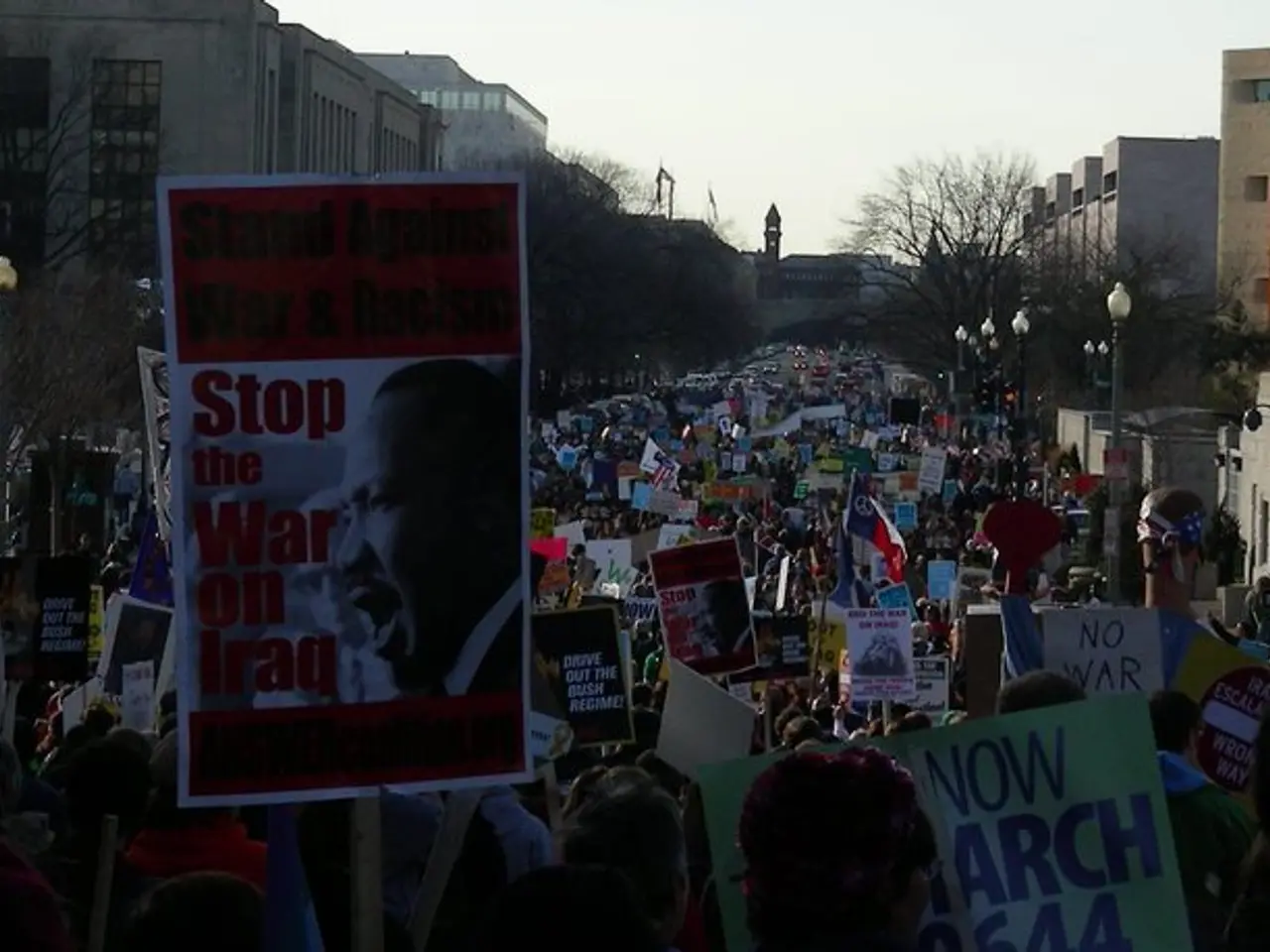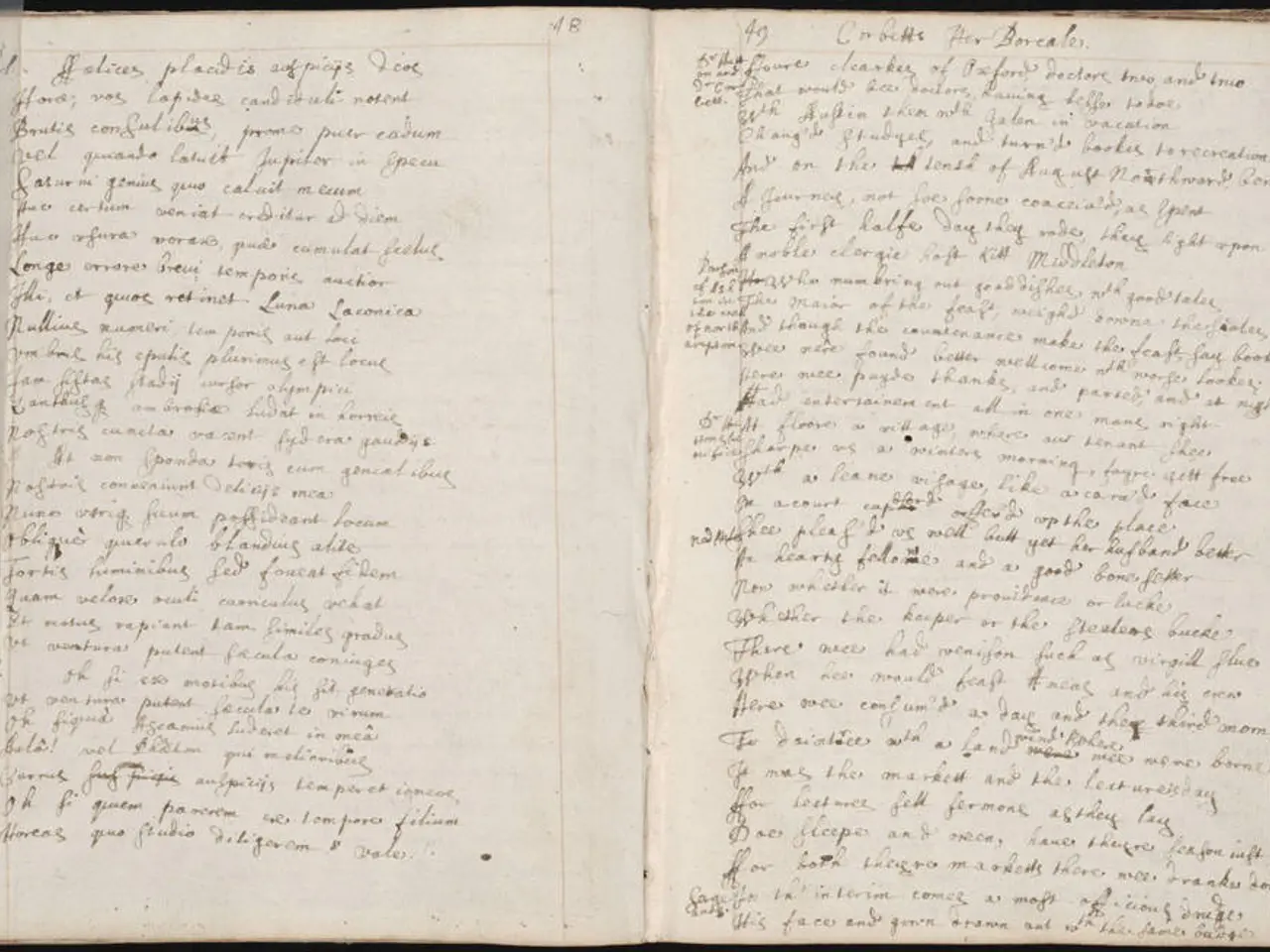Cambodia Leads ASEAN Crime Rankings in 2025, Highlighting Persistent Problems
The latest Southeast Asia Crime Index report, released in 2025, has highlighted the critical need for reforms in justice systems, law enforcement, and the regulation of influential groups in high-scoring countries. The report evaluates illegal activities linked to criminal markets in each country, taking into account political, social, and economic contexts, as well as the organizational structure of domestic criminal groups.
In the 2025 rankings, Cambodia has the highest crime rate among ASEAN countries, with a score of 51.3 out of 100. This is a concerning development, as Cambodian compounds are allegedly serving as massive fraud bases for Chinese crime syndicates, and reports suggest that criminal groups in Cambodia and Myanmar have links to state mechanisms or play an implicit role in the political and economic spheres.
In response to this high crime rate, systemic reforms are being called for in Cambodia, focusing on improving the justice system, strengthening law enforcement, and regulating influential groups linked to crime and corruption. These reforms aim to address the deeply entrenched criminal problems involving organized crime groups with ties to political and economic power structures, which have exacerbated the criminal environment in the country.
The 2025 Southeast Asia Crime Index underscores the need for judicial and law enforcement reforms to restore public and investor confidence. Specifically, the reforms aim to:
- Enhance the capacity, transparency, and impartiality of the justice system to better prosecute crimes.
- Reinforce law enforcement agencies to effectively dismantle organized criminal networks.
- Regulate and curb the influence of powerful groups perceived to have implicit or explicit connections to state mechanisms and illicit activities such as scamming and cybercrime.
- Address corruption that intertwines with criminal enterprises, as indicated by reports of scam operations linked to high-ranking officials.
The United Nations Office on Drugs and Crime (UNODC) also supports calls for systemic reform by exposing Cambodia’s role as a global hub for cyber scams operated partly through companies linked to political elites, underlining the need for reforms that confront political-criminal nexuses and transnational organized crime.
Other countries in the region have also been highlighted in the 2025 Southeast Asia Crime Index. Thailand ranks seventh with a score of 37.3 points, while Singapore remains the ninth safest country in the ASEAN region, with a score of 22.6. Malaysia ranks third with a score of 48.9 points, Indonesia fourth with a score of 46.0 points, and the Philippines fifth with a score of 43.1 points. Vietnam ranks sixth with a score of 40.8 points, and Brunei eighth with a score of 29.3 points.
These rankings underscore the urgent need for reforms in justice systems, law enforcement, and the regulation of influential groups in high-scoring countries. Such reforms are crucial for restoring public and investor confidence, both regionally and globally. Improvements in these areas will help to reduce crime rates, improve political stability, and promote economic development in the region.
- The high crime rate in Cambodia, with ties to political and economic power structures, indicates the necessity for reforms in the justice system, law enforcement, and the regulation of influential groups connected to crime and corruption.
- Given the entrenched criminal problems, regional and global support is essential for implementing reforms that address political-criminal nexuses, particularly in high-scoring countries like Cambodia, to reduce crime rates, promote political stability, and advance economic development.





